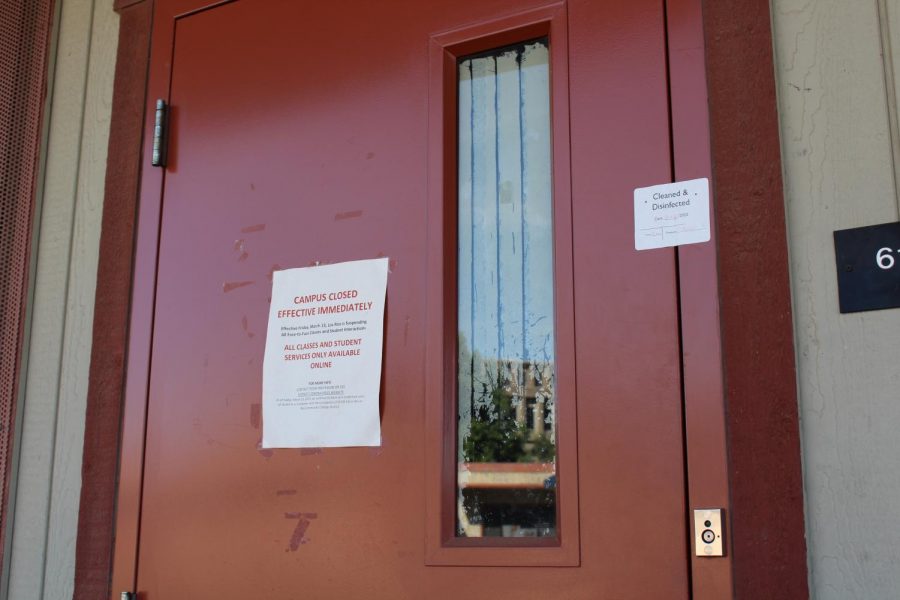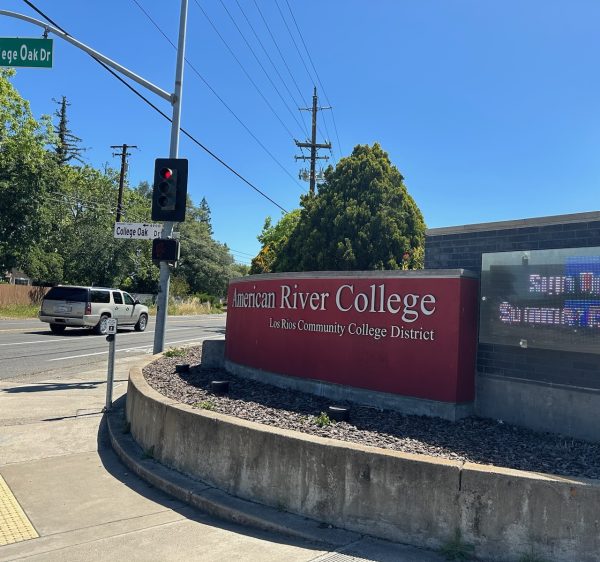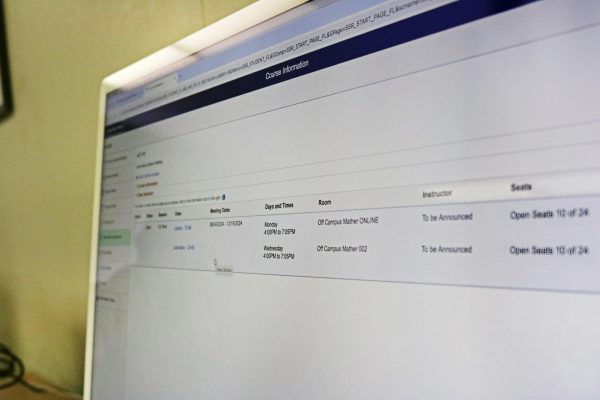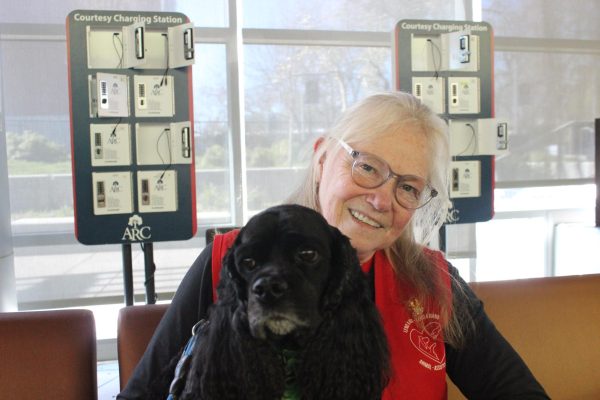District continues to monitor possible COVID-19 exposures
Nursing program temporarily suspended due to COVID-19 exposure threat
In early September, the nursing program at American River College was voluntarily and temporarily suspended out of concern for possible exposures to the COVID-19 virus. To date, the college has received no reports of exposures. (Photo by Ariel Caspar)
Since the start of the fall 2020 semester, the Los Rios Community College District has voluntarily and temporarily suspended two separate programs on two of its campuses out of concern that students and employees might be exposed to the Covid-19 virus.
According to Gabe Ross, LRCCD associate vice chancellor, the district opted in late August to temporarily suspend the Emergency Medical Technician (EMT) program at Cosumnes River College and the nursing program at American River College in early September.
“In neither case do we have any evidence of infections as a result of that exposure, but we communicated with all students and employees impacted by the temporary suspension of the program immediately,” Ross said. “We will continue [to] take any and all precautions to keep our students, faculty and staff safe during this difficult time.”
To date, the Sacramento County Health Department has not alerted the district or any of the Los Rios colleges of any recent exposures to the virus, according to Ross.
In an email to the Current, Ross said the colleges and district have no way of attaining an accurate number of how many positive Covid-19 cases there may be among the student and employee population.
“County health departments are responsible for tracking all active cases in their counties and, if/when cases are reported to them by health care providers, their contact-tracing protocols require them to inform those who may have come in contact with the infected individuals,” Ross wrote.
Scott Crow, ARC public information officer, explained in an email to the Current that with the vast majority of classes and services held online, local public health experts would not necessarily inform the college of positive cases among the student/employee population unless there was sufficient evidence that the individual had been on campus and was in contact with others after the exposure.
Crow said that in the event that the college is made aware of a positive case, they work with county public health experts to ensure the appropriate protocols are executed and authorities are notified. If the individual came into contact with others at the college, the college would be required to alert anyone who may have been exposed to the individual.
“If, however, we don’t have any reason to believe that they came into contact with others via college activities, we would not necessarily share that information broadly, as there are concerns related to the Health Insurance Portability and Accountability Act (HIPAA),” Crow wrote.
According to Crow, HIPAA has specific guidelines on the protection of individual healthcare information. For this reason, the college must work closely with county health to ensure the correct protocols are followed.















